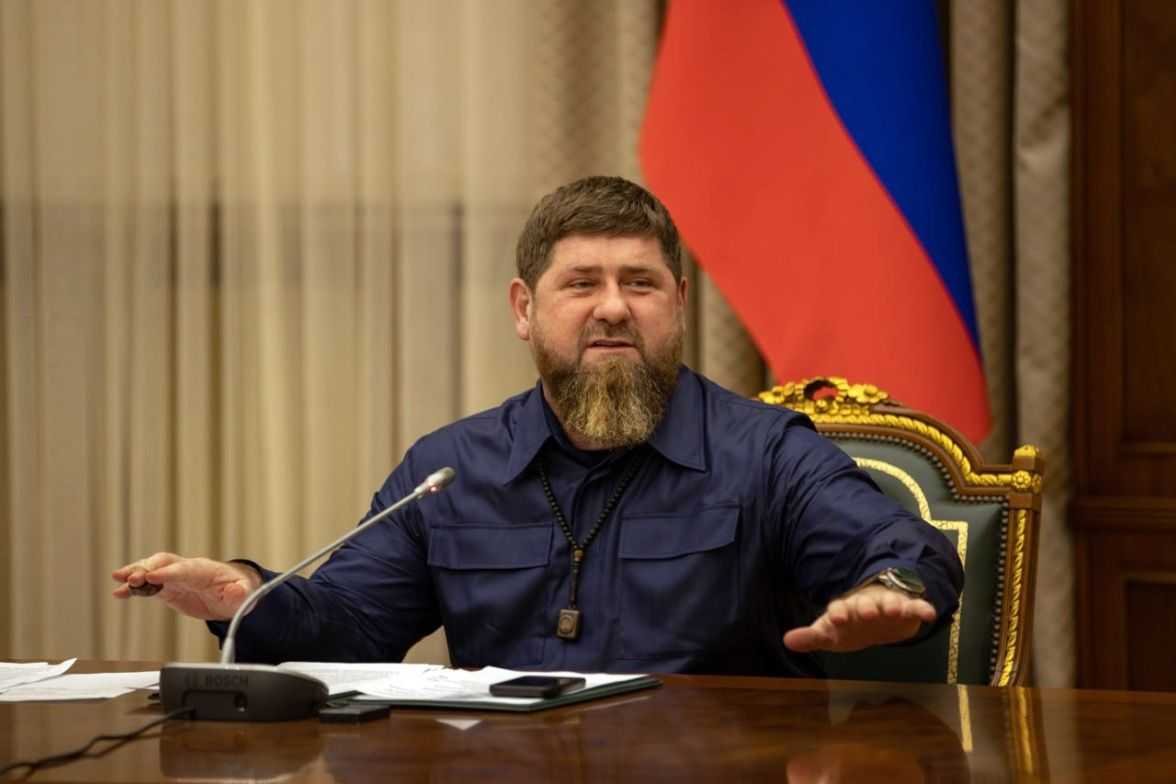

 Prominent Chechen blogger Tumso Abdurakhmanov, who was denied asylum in Georgia earlier in 2017, has been detained in an immigration detention centre in Warsaw, Poland.
Prominent Chechen blogger Tumso Abdurakhmanov, who was denied asylum in Georgia earlier in 2017, has been detained in an immigration detention centre in Warsaw, Poland.
Abdurakhmanov released an audio message on YouTube on 10 December saying he had fled to Poland from Georgia several months ago to seek asylum. He claimed to have been ‘illegally detained’ upon arriving.
Abdurakhmanov, who is wanted in Russia on terror charges, fled Chechnya in November 2015 after receiving death threats from the nephew of Chechen Head Ramzan Kadyrov. He claims this is because he got into a traffic altercation with him. He was subsequently accused of fighting alongside the Islamic State in Syria, a claim he denies insisting he has never been to Syria.
In his message, he appealed to Polish authorities and to the UN to prevent his extradition to Russia, asking for political asylum.
If sent back to Chechnya, the blogger said he may be subjected to torture, humiliation, and death.
Abdurakhmanov claimed he was detained upon arriving in Warsaw, while his family were taken to a hotel. According him, a Polish court ordered he be held for two months in detention, which was then prolonged to four months.
He accused Polish border guards of making it look like he and his family were attempting to illegally enter the country and falsely claiming that it was only after his detention that they asked for asylum.
Abdurakhmanov claimed the court told him he is on a list of people banned from entering the Schengen Zone, under suspicion of carrying firearms.
Georgian authorities rejected Abdurakhmanov’s request for asylum in November 2016. In July 2017, Tbilisi City Court upheld the decision of the Ministry of Refugees.
According to the court’s ruling, due to ‘significant circumstances [granting asylum] contradicts the interests of the country’.
[Read on OC Media: Georgia denies asylum to escapee of Kadyrov’s Chechnya]
In his audio message, Abdurakhmanov called on Poland to live up to their obligations under the European Convention on Human Rights to grant asylum to people who are persecuted for political reasons.









